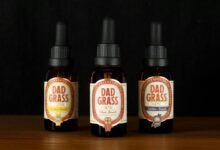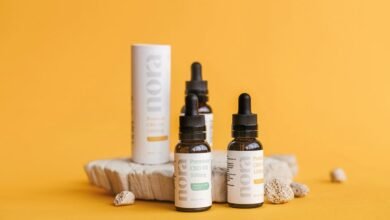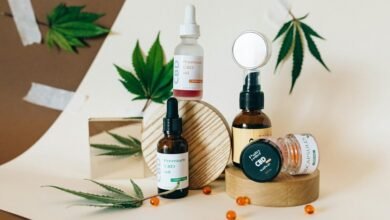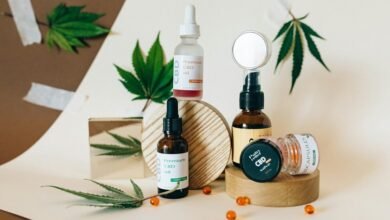Can Pregnant Women Use Cbd Lotion

The use of CBD lotion among pregnant women raises important questions. While some seek relief from discomfort, the safety of CBD during pregnancy is not well established. Potential risks to fetal development, alongside varying legal statuses, complicate the decision. Consequently, healthcare professionals often recommend caution. What should expectant mothers consider before making a choice about CBD products?
Understanding CBD and Its Properties
Cannabidiol (CBD) is a non-psychoactive compound derived from the cannabis plant, known for its potential therapeutic properties.
Its diverse CBD properties include anti-inflammatory and analgesic effects, making it appealing for various applications.
Understanding CBD absorption is crucial; it varies based on administration methods, influencing its efficacy.
This knowledge empowers individuals to make informed choices about using CBD products responsibly and effectively.
Potential Benefits of CBD Lotion for Pregnant Women
While the safety of using CBD products during pregnancy remains a topic of ongoing research, some pregnant women may consider CBD lotion for its potential benefits.
This topical application may provide localized pain relief, addressing discomfort associated with pregnancy.
Additionally, CBD lotion may enhance skin hydration, which can be particularly beneficial as the skin undergoes changes during this period.
Risks and Considerations of Using CBD During Pregnancy
What are the potential risks associated with using CBD during pregnancy?
Safety concerns arise due to limited research on its effects on fetal development.
Additionally, the legality of CBD varies by jurisdiction, leading to potential legal implications for expectant mothers.
As CBD products may contain varying levels of THC, the risk of exposure to psychoactive substances increases, further complicating the decision to use them.
Expert Recommendations for Expectant Mothers
Given the uncertainty surrounding the effects of CBD during pregnancy, expert recommendations generally advise caution for expectant mothers considering its use.
Expert opinions emphasize adhering to safety guidelines, highlighting the lack of comprehensive research on CBD's impact on fetal development.
Therefore, women are encouraged to consult healthcare professionals before using CBD products to ensure informed decisions that prioritize both maternal and fetal well-being.
Conclusion
In summary, while CBD lotion may appear as a modern remedy for discomfort during pregnancy, expectant mothers should tread carefully. The lack of comprehensive research raises concerns about potential risks to fetal development. Consulting healthcare professionals remains paramount, ensuring that both mother and baby prioritize safety above all. As the saying goes, "better safe than sorry," a timeless adage that resonates in the realm of pregnancy and wellness choices.






